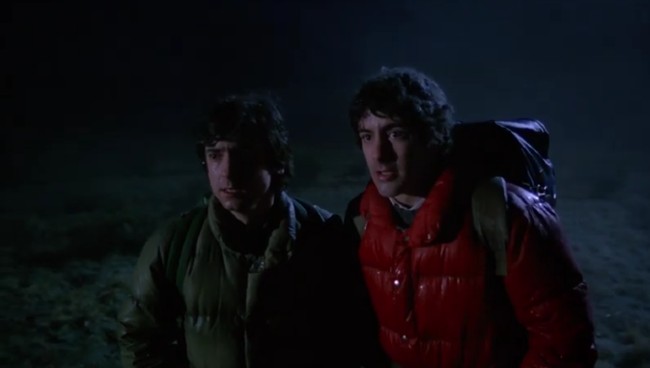Three That Got Away In 2022 Part I: Alice

Director Krystin Ver Linden’s Alice was released in early 2022. Although it shares similarities with Antebellum its story is heads above Antebellum.
ALICE
We first meet Alice (Keke Palmer) as an enslaved woman on a plantation in the deep South. Director Krystin Ver Linden sets the scene as one would imagine life on a plantation would be like and one that we have seen in other movies. It doesn’t take too much of an imagination to know that for the wrong people plantations were not the most pleasant places. The wrong people being the enslaved Africans forced to do hard labor under brutal conditions.
If the setting is familiar, so are the characters. There’s the brutal owner Paul, played by an almost unrecognizable Jonny Lee Miller. There’s the nameless field overseer who enjoys his work a little too much. There’s Ruth, the older house maid, who offers sage advice and Moses, an older plantation worker, who doles out common sense advice.
There could be a good movie in Alice if it was just about life on a plantation in the Antebellum South. However, Alice is not a movie about life on a plantation in the Antebellum South. Something far more sinister is going on in Alice. Alice hears weird noises coming from Daniel’s, Paul’s son, bedroom. Mrs. Bennet, Paul’s mother, acts suspicious around Alice asking her why she can’t see what’s outside the plantation. Joseph, Alice’s husband, is told a story about a man who fell from the sky and who could make fire from his hands.
We recognize the noise coming from Daniel’s room as radio static. The strange man buried in the cemetery created fire with a Zippo lighter. We know this because we’re from a time when these things are commonplace. There’s no way anyone from the Antebellum South would know what these things are. It gives the impression that something on the plantation isn’t quite right. Things only go from weird to strange when Alice, fleeing the plantation after stabbing Paul in the face, runs straight onto a four lane highway in 1973.
Is Alice a time travel movie? Keke Palmer plays Alice with raw emotion. You can feel her pain, her surprise, and her rage. Her confusion to everything new is as convincing as it is when she learns of the Emancipation Proclamation, Malcolm X, Martin Luther King Jr., and that Frank (Common), her new friend, was in the Black Panther Party. Her amazement is matched only by her rage when she learns the truth of the plantation and her situation.
The movie may lose some viewers in its final act. The comparison to 2020’s Antebellum can’t be ignored. In Antebellum, Veronica (Janelle Monáe) is kidnapped by racist Southerners who have kept slavery alive in an almost sick amusement park atmosphere. Whereas people were kidnapped in Antebellum, Alice, her family, and the others were born into it. Paul’s family for generations kept people enslaved and locked away from the outside world to keep slavery and their own racist ideals alive.
The two movies may share some of the same stock characters but in Antebellum the characters are caricatures, beyond ridiculous. Jenna Malone’s over the top racist quickly gets old. Eric Lange and Jack Huston fare only a little better. Antebellum is also a thinly veiled criticism of the far-right, MAGA political party. Alice is a little more nuanced. It’s more of a commentary on the state of race relations and in particular Alice’s relationship with Paul, the plantation fabrication, and everything it has taken from her.
It’s hard to believe people abducted in the 21st Century would accept their fate and not retaliate in some way like in Antebellum. Alice doesn’t sit back and accept the situation that she escaped from. After watching Coffy with Frank she knows exactly what she’s going to do. She’s not just going to kill “the white motherfuckers” she’s going to get justice. It’s a much more satisfying ending than the open ending of Antebellum.






